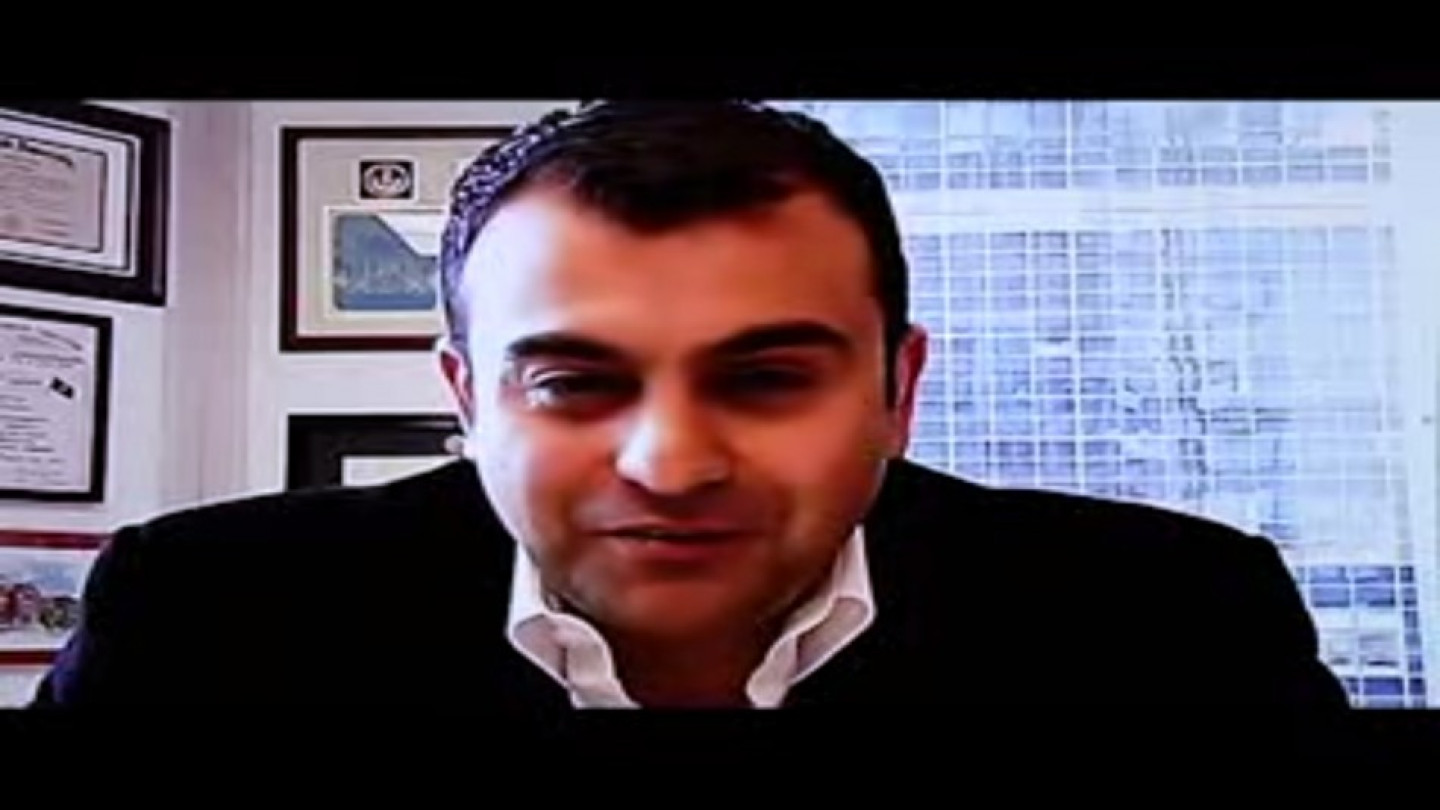FBI Hero Ali Soufan: At Zero Dark Thirty it's Better to Talk than Torture [VIDEO]

The use of waterboarding and other forms of torture in the decade-long hunt for al-Qaida leader Osama bin Laden, as depicted by Academy-award runner film Zero Dark Thirty, is mere Hollywood fiction, according to Ali Soufan, former FBI agent.
Known as the guy who nearly foiled the 9/11 plot, Soufan maintains that the controversial movie directed by Kathryn Bigelow is an "entertaining good movie" that does not offer a documentary-like, accurate portray of what really happened in the intelligence chase for the al-Qaida leader.
The film features a series of ghastly interrogation scenes such as waterboarding and sexual humiliation, hinting that they were effective in catching and killing bin Laden. Bigelow herself told New York magazine that the goal of the film, branded as a faithful reconstruction of the facts, "was to be as accurate as we possibly could without, obviously, having been there."
But Ali Soufan, a Lebanese-born former FBI agent, echoed senator McCain statements that the film "contradicts all different investigations by the government, including the CIA own inspector general's conclusions". "The film is not accurate at all and these interrogations with waterboarding did not lead to finding bin Laden," he told IBTimes UK. "Enhanced interrogation techniques did not work."
"The person depicted in the Ammar is a real person and he really exists," Soufan explained. "He is in Guantanamo Bay. But that person was not waterboarded. That person was not tortured like shown in the movie. And definitely that person did not give information that led to Osama bin Laden."
"Waterboarding does not work"
Soufan was appointed at 29 the chief agent in charge of investigating the attack of the USS Cole in the harbour of Aden, Yemen, in 2000. He found out that Al-Qaida was behind the attack. Then, he asked the CIA for information of a meeting in Malaysia, where at least two of the future 9/11 hijackers and the mastermind behind the Cole bombing had a secret rendez-vous . But the CIA vacillated, and Soufan only received the information on 12 September 2011.
His interrogation techniques after 9/11 worked out very well: thanks to his in-depth knowledge of Arabic and the Quran, he engaged in theological conversation with suspects, winning their respect. He manipulated them, catching terrorists by surprise, then he outwit them, extorting crucial information. His methods were very different from the "extreme measures" carried out by contractors outside the government.
"Our greatest successes against al-Qaida have come when we understood how they recruited brainwashed, and operated, and used our knowledge to outwit and defeat them," he wrote in his book, The Black Banners: The Inside Story of 9/11 and the War Against al-Qaida. "Our failures have come when we instead let ourselves be guided by ignorance, fear, and brutality."
"Enhanced interrogation technique did not work," he said. "We were told that we were able to identify Khalid Sheikh Mohammed, the mastermind of 9/11, because of the EIT and that's wrong.
"I was involved in that operation and we did not use waterboarding. We also did not use torture to identify Jose Padilla as the dirty bomber," he continued.
But suddenly in 2002 the CIA hired contractors - who did not understand the enemy and had never held an interrogation before - to interrogate al-Qaida suspects with waterboarding, sexual humiliation, deprivation of sleep and so on.
"Terrorists are trained to resist torture," Soufan wrote in his book. "Being attacked by dogs, being sodomised and having family members raped in front of them are some of the things they are physically and mentally prepared to endure."
Also, confessions obtained under torture are often misleading, as the victim tends to tell what the interrogator wants to hear. "Evidence gained from torture is unreliable," he maintains. "There is no way to know whether the detainee is being truthful."
Soufan testified before the Senate Judiciary Committee and under oath recounting what happened.
However, Soufan's book was heavily redacted by the CIA, despite having obtaining the greenlight from the FBI. "Some people still wanted to convey that we got a lot of stuff that we got from enhanced interrogation techniques," he said.
The redactions - which are a violation of the classification guidelines which should protect the public from agencies trying to censor embarrassment and cover-up mistakes - concern key moments such as what happened with the harsh techniques and the events leading to 9/11, but also trivial bits such as a public exchange between Soufan and the US senator Lindsay Graham, broadcasted live on national television.
"We're working with FBI and other agencies to publish an un-redacted, at least in some parts, version of the book," Soufan said.
© Copyright IBTimes 2025. All rights reserved.






















